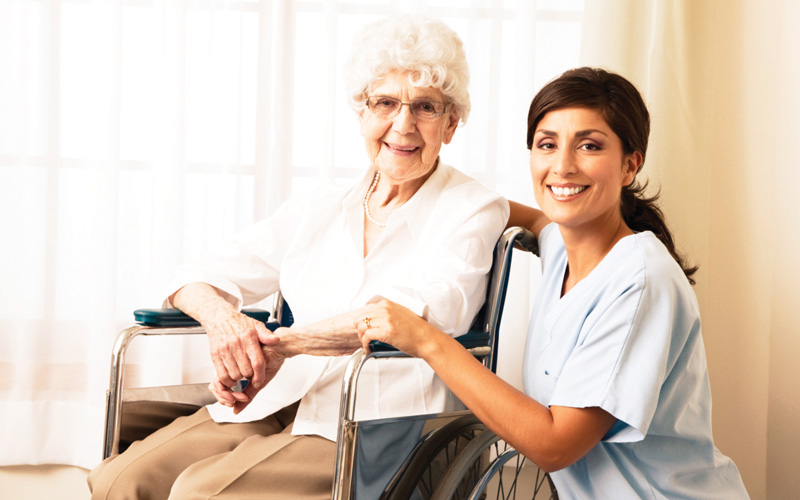The Art of Aging Well
We provide customized hourly and around-the-clock care to older adults so they can live happier, healthier lives at home.
Download by: Maria Licoudis, R.N. & Care Manager
by: Maria Licoudis, R.N. & Care Manager
Having a loved one in the hospital can be extremely stressful, but that stress gets amplified once they have been discharged. We are, of course, happy that our parent is returning home but it also raises many questions. Who will be there when Mom gets home? Can I take time off work to settle Dad back in? How will Dad get to the bathroom safely? Can Mom cook for herself now? Will Dad fall again? Can Dad handle his new medications? Can Mom go up and down the stairs? Who will manage the groceries, housekeeping, laundry, pharmacy needs, hygiene and toileting? Who will be there to interact, socialize, and make sure that my loved one is safe during the day? What about the night? To ensure a safe and stress-free recovery and rehabilitation following hospitalization, it is critical to think about these things and develop a plan that makes sense for everyone.

Before being discharged, ensure that you have spoken to the doctor and the hospital staff about what will happen when your loved one returns home. Get as many details as possible. Note all follow-up appointments – what doctor’s will need to be seen and when? Do you need to coordinate the appointments, or will the hospital arrange it? It might be helpful to create a folder to hold all the documents and information pertaining to the hospital stay and any follow-ups.
If new medications have been prescribed, make sure to speak to the pharmacist. Have all medications organized in dispill system by the pharmacy so that there are no errors in their administration. Also ask if there are any side effects that you should be aware of. Note any concerns and speak to everyone that will be caring for your loved one, so that they may be aware to look out for any side effects. Any issues regarding medication should be discussed with your pharmacist and the patient’s doctor.
Follow-up care with other medical professionals may also be required. If the hospital is booking these appointments, make sure to follow-up if they have not been in contact with you promptly. If you are making these follow-up appointments yourself, do so as quickly as possible as there may some delay in getting the appointments.
Your discharge plan should also include care at home. Who will be there during the day and at night? This may be a family member, a friend or professional caregivers – or a combination of these options. The first 72 hours following discharge are critical and patients really should not be alone during this time. It is important to note that resources available to help. Professional in-home care can offer a comprehensive service that will help to transition your loved one home and make sure that they are safe and happy. Hospital readmissions are common, and thus, it is critical to set up the right environment to reduce the chances of being sent back to hospital.
Note: This article is for informative purposes only. Always check with a medical professional.